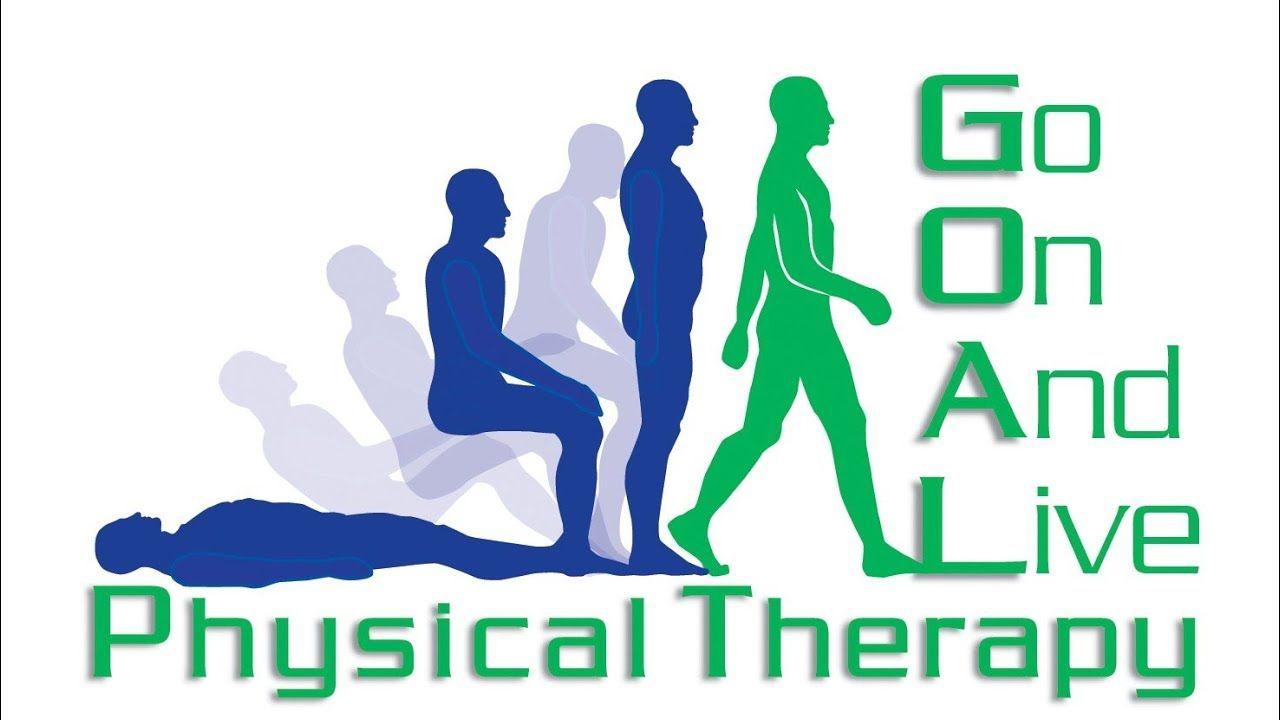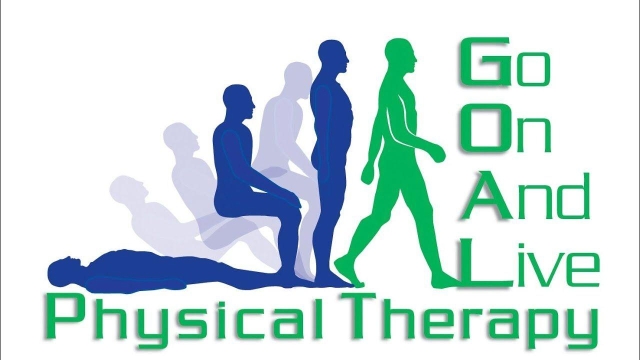
Physiotherapy is a valuable form of healthcare that focuses on promoting wellness, preventing injury, and aiding in rehabilitation. This field encompasses a range of techniques and exercises aimed at restoring movement and function to those affected by injury, illness, or disability. Through personalized assessments and hands-on therapies, physiotherapists work closely with individuals to improve their physical well-being and overall quality of life. By addressing pain, enhancing mobility, and promoting strength, physiotherapy plays a fundamental role in restoring health and vitality to those in need.
Benefits of Physiotherapy
Physiotherapy can help improve mobility, flexibility, and strength, making daily activities easier and more manageable. It plays a vital role in promoting overall health and well-being by enhancing physical function and independence.
Patients recovering from injuries or surgeries can benefit greatly from physiotherapy sessions, as it helps in reducing pain and accelerating the healing process. By focusing on targeted exercises and techniques, physiotherapists can customize treatment plans to meet individual needs and goals.
Request A Callback
Another key benefit of physiotherapy is its ability to prevent future injuries by identifying and addressing potential issues through personalized assessments and interventions. By promoting proper body mechanics and posture, physiotherapy can enhance overall quality of life and reduce the risk of recurring injuries.
Common Conditions Treated
Physiotherapy is often utilized to address musculoskeletal issues such as back pain, neck pain, and joint injuries. Through a combination of manual therapy, exercise prescription, and education, physiotherapists help individuals manage their pain and restore function to affected areas.
Sports injuries are another common focus of physiotherapy treatment. Whether it’s a sprained ankle, tennis elbow, or a torn ligament, athletes rely on physiotherapists to provide targeted interventions to facilitate recovery and prevent future injuries. By incorporating specialized techniques and exercises, physiotherapy plays a crucial role in getting athletes back to peak performance.
Chronic conditions like arthritis, fibromyalgia, and multiple sclerosis can also benefit from physiotherapy interventions. By promoting mobility, strength, and overall well-being, physiotherapists assist individuals in managing their symptoms and improving their quality of life. Through personalized treatment plans, physiotherapy offers a holistic approach to addressing the challenges associated with chronic conditions.
Types of Physiotherapy Techniques
Physiotherapy employs a variety of techniques to address different conditions and promote overall wellness. One common technique is manual therapy, which involves hands-on manipulation of muscles and joints to relieve pain and improve mobility. This technique is often used to treat musculoskeletal issues such as back pain, injuries, and stiffness.
Another key technique is therapeutic exercise, where tailored exercises are prescribed to improve strength, flexibility, and range of motion. These exercises are designed to target specific areas of the body and are crucial for rehabilitation after injuries or surgeries. Therapeutic exercise is also beneficial for managing chronic conditions such as arthritis or neurological disorders.
Modalities such as ultrasound, electrical stimulation, and heat therapy are also utilized in physiotherapy to complement other techniques and enhance treatment outcomes. These modalities help to reduce pain, inflammation, and promote tissue healing. They are often used in conjunction with manual therapy and therapeutic exercise to create a comprehensive and effective treatment plan.





